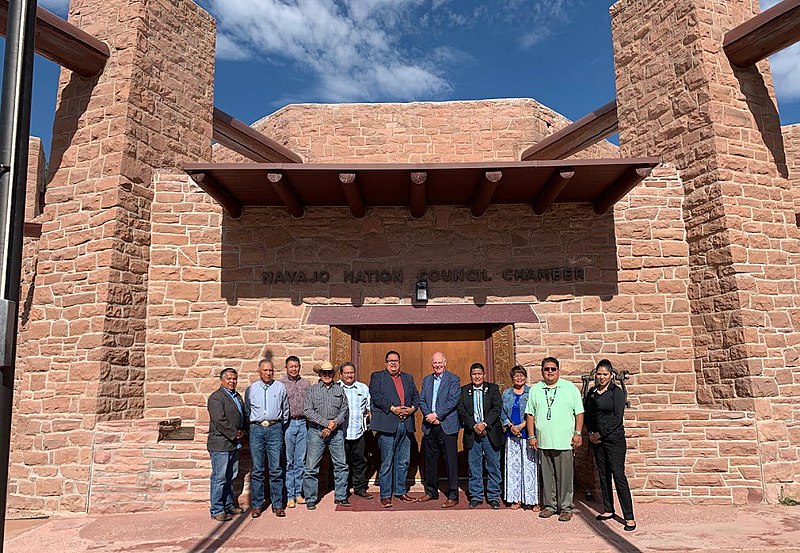9.1 Defining Indigenous Pedagogy
The challenge with most classic textbooks in the Canadian context is that there is very little discussion about Indigenous pedagogy. Indigenous pedagogy is a teaching method that connects aboriginal stories as a guiding path toward knowledge[2], relying on the relationships between people and nature with broad, holistic interconnectedness[3]. The role of Indigenous pedagogy is to promote learning through four distinct areas, according to Antoine, Mason, Mason, Palahicky, and Rodriguez de France[3]:
- Personal and Holistic
- Experiential
- Place-Based Learning
- Intergenerational
Personal and holistic learning is a reference to the previous understanding of holistic education through the Holism-Pluralism-Action Orientation (HPAO) vision for student competency of actionable learning. Holistic learning, in an Indigenous framework, allows students to be highly reflective on their experiences within a learning setting. This sets the groundwork for free and meaningful education. This, of course, leads to experiential and place-based learning which has been discussed through the impacts of experiential and authentic learning objectives. Within an Aboriginal context, students engage in observable and natural learning with a connection to the location, and in groups, that are related to experience. An example would be to actively engage in learning at an Aboriginal center. Intergenerational learning is unique to Aboriginal education, as the role of elders has a large impact on the learning experience. Elders are older and experienced members of a community and are regarded as a key component of Indigenous education[3].

Outside of Canada, Indigenous education is also being expanded. For example, the Navajo Nation of Arizona, New Mexico, and Utah have developed the Department of Dine Education to increase cultural knowledge of Navajo traditions, and discuss modern issues related to health, crime, and unemployment within the Navajo Nation[4]. The common theme within Indigenous pedagogy is to learn and grow within a modern context, while at the same time, participate in local and cultural traditions for members of the community, and non-Aboriginal communities alike.

